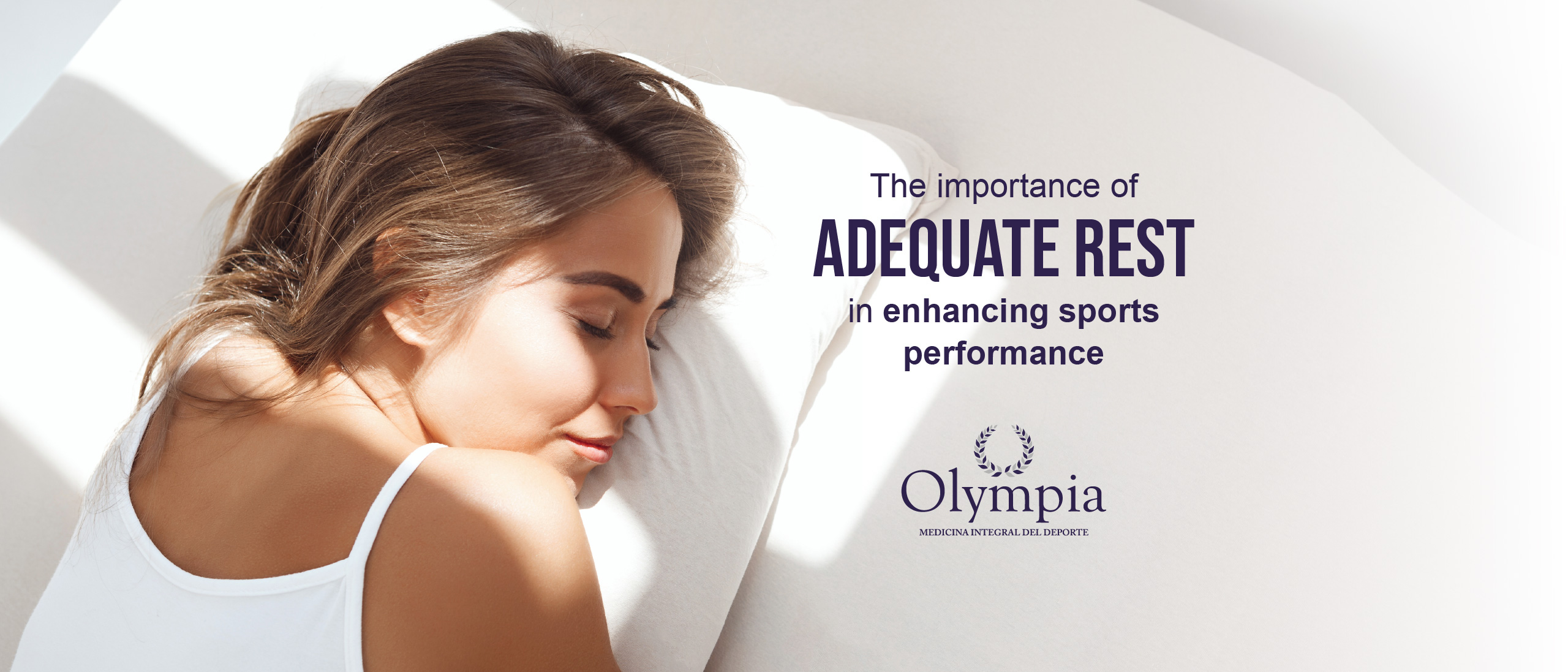
Athletes need rigorous training to excel in their competitions and maintain their performance level, however, during this preparation they usually forget something very important: rest. Rest is a fundamental pillar for sports performance with positive physiological and psychological effects.
Rest and sleep play an important role in tissue repair mechanisms and muscle growth. Although it is a passive activity, it is crucial for performance as it helps prevent overtraining by reducing fatigue, inflammation, and stress. During sleep, the growth hormone is released, promoting tissue repair, and cortisol also decreases, which brings benefits like stress control, better mood, and anti-inflammatory regulation.
Microscopic muscle damage begins to occur during moderate physical activity. That is why the recovery phase after a workout is important, where muscle fibers are rebuilt, increasing strength and mass, which helps improve athletic performance. In case of insufficient rest, this process is interrupted or insufficiently carried out, which could cause overuse injuries and decreased physical improvement.
Adequate sleep is also essential for the cognitive function of athletes, having benefits in memory and mood. This helps sports performance as the athlete maintains a mental sharpness and a competitive advantage. Lack of rest and inadequate sleep affects concentration, decreases reaction time and important decision making during training or competitions.
Finally, the combination of intense training and insufficient rest cause a hormonal alteration. The rise of the stress hormone cortisol can affect mood, sleep regulation, and even the immune system function. This affects the body to recover effectively and completely.
For proper rest and optimal recovery it is recommended:
- A sleep time of around 7-9 hours each night.
- Balanced nutrition to support muscle growth and repair.
- Do a relaxation routine at night, such as reading or meditating.
- Limit the consumption of caffeine or other stimulants close to your bedtime.
- Avoid long naps during the day, these should be 20 to 30 minutes.
The importance of rest in athletes should not be ignored, it is as important as exercise and diet. Integrating appropriate rest plans for each athlete allows them to improve their performance and reach higher levels of their potential. In the long term, rest brings greater benefits to your general well-being.

